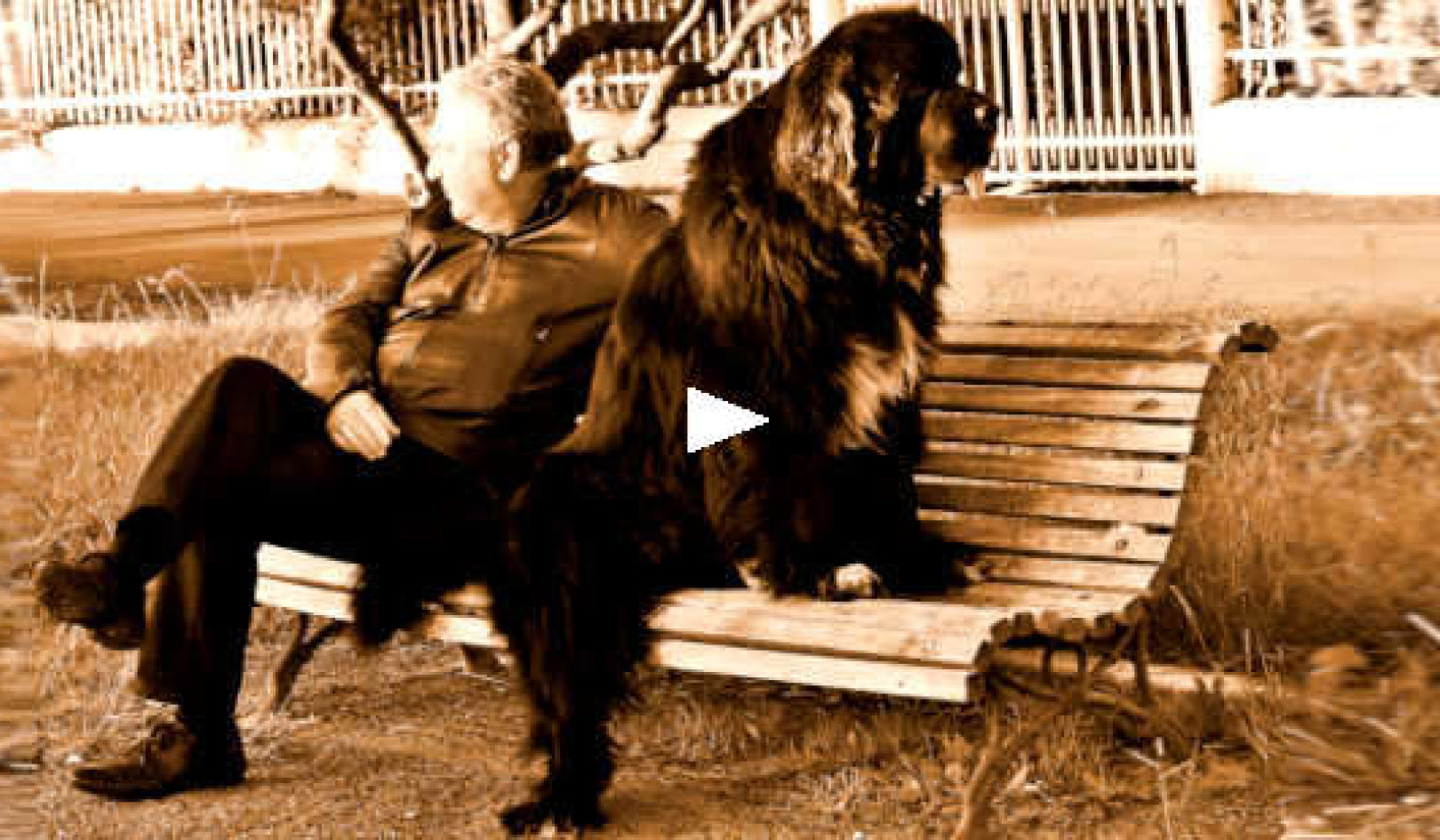
"To date, we have no evidence that owners can 'catch' the virus from cats or dogs because we have no evidence that naturally infected cats and dogs shed the virus," says Annette O'Connor. (Credit: Penny Bentley/Flickr)
Because COVID-19 is a new virus, it’s critical for humans to take extra precautions around animals and pets, says veterinarian Annette O’Connor.
That’s because there isn’t yet a wealth of research about the virus.
Since first hearing about the COVID-19 outbreak in China, media outlets around the world have reported on strains of the virus originating in animals, on pets testing positive for the virus, and most recently, on a tiger testing positive for COVID-19 at the Bronx Zoo.
O’Connor, chairperson of the department of large animal clinical sciences and professor of epidemiology at Michigan State University’s College of Veterinary Medicine, says that there are seven different types of coronaviruses and that the Centers for Disease Control doesn’t believe the COVID-19 strain can be transmitted to domestic animals.
Information and resources about the coronavirus, COVID-19, and animals are available through the College of Veterinary Medicine.
Here, O’Connor answers common questions related to COVID-19 and pets:
Q
Can my pets get sick from COVID-19?
A
At this time, we have very limited information about animals and COVID-19 because it is too new of a virus. However, if pets do get sick, we would expect them to have signs such as diarrhea, vomiting, or respiratory problems, like trouble breathing. If you are concerned about your pet, you should do what you would usually do: isolate them and contact your veterinarian.
Q
Am I at risk for catching COVID-19 from an animal?
A
The transmission we currently see of COVID-19 is human-to-human transmission. We do continue to see rare reports of cats and dogs that live with COVID-infected patients being infected.
To date, we have no evidence that owners can “catch” the virus from cats or dogs because we have no evidence that naturally infected cats and dogs shed the virus.
However, as this is a very new virus, pet owners need to continue to follow routine practices for pet hygiene recommended by the American Veterinary Medical Association. These guidelines include washing your hands after petting animals, avoiding touching your face, don’t kiss your pet, and don’t share dishes, drinking glasses, cups, eating utensils, towels, or bedding with other people or pets.
Q
So what about the tiger at the Bronx Zoo who tested positive?
A
The detection of the virus that causes COVID-19 in the tiger is interesting, because it appears to be an example of the transmission from humans to tiger—a very rare event. This finding has highlighted the concern for our wild animal populations, and staff at zoos have adopted practices that will protect these valuable populations.
Q
If I have—or someone I know has—COVID-19, can my pet catch it?
A
If an owner is ill with COVID-19, as suggested by the CDC, they should isolate themselves from the pets and have another household member care for them.
If isolation of the pet isn’t possible, continue to use frequent hand washing and avoid touching your face. Also remember: if your pet requires veterinary care, make sure you inform your veterinarian that you or a household member is ill with COVID-19. That information will allow your veterinarian to take adequate precautions.
Q
Can my pets “catch” the virus that causes COVID-19 from other pets?
A
There is evidence that cats can catch COVID-19 from other cats—but there is only a small amount of evidence at this point. The largest study we have only involved 102 cats from Wuhan, China; of the 102 tested, only 11 had antibodies to COVID-19. None had evidence of the virus, so they were probably infected some time ago. In that study we also don’t know how the cats became infected, perhaps they were infected from humans, or maybe cat-to-cat transmission does occur. We need to wait for more data.
Source: Michigan State University
Books on Pets from Amazon's Best Sellers list
"The Beginner's Guide to Dog Agility"
by Laurie Leach
This book is a comprehensive guide to dog agility, including training techniques, equipment, and competition rules. The book includes step-by-step instructions for training and competing in agility, as well as advice for selecting the right dog and equipment.
Click for more info or to order
"Zak George's Dog Training Revolution: The Complete Guide to Raising the Perfect Pet with Love"
by Zak George and Dina Roth Port
In this book, Zak George offers a comprehensive guide to dog training, including positive reinforcement techniques and advice for addressing common behavior issues. The book also includes information on selecting the right dog and preparing for the arrival of a new pet.
Click for more info or to order
"The Genius of Dogs: How Dogs Are Smarter than You Think"
by Brian Hare and Vanessa Woods
In this book, authors Brian Hare and Vanessa Woods explore the cognitive abilities of dogs and their unique relationship with humans. The book includes information on the science behind dog intelligence, as well as tips for enhancing the bond between dogs and their owners.
Click for more info or to order
"The Happy Puppy Handbook: Your Definitive Guide to Puppy Care and Early Training"
by Pippa Mattinson
This book is a comprehensive guide to puppy care and early training, including advice for selecting the right puppy, training techniques, and health and nutrition information. The book also includes tips for socializing puppies and preparing for their arrival.
Click for more info or to order




























